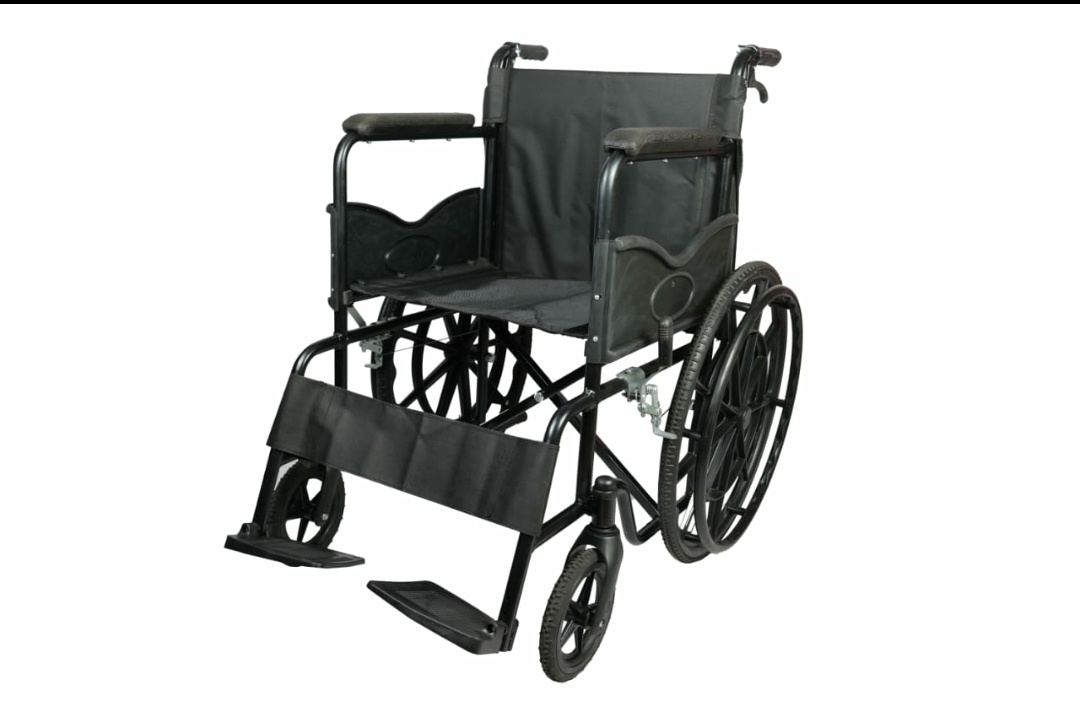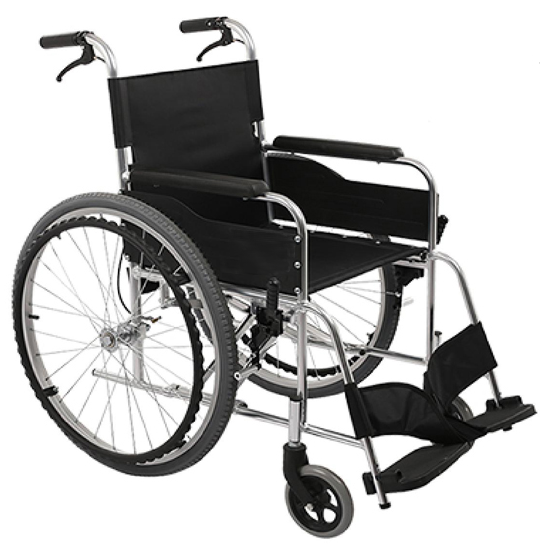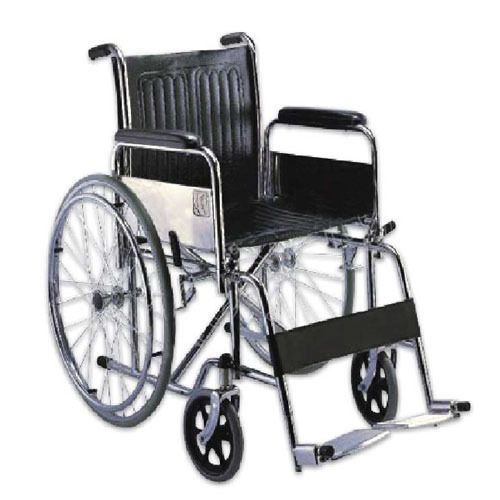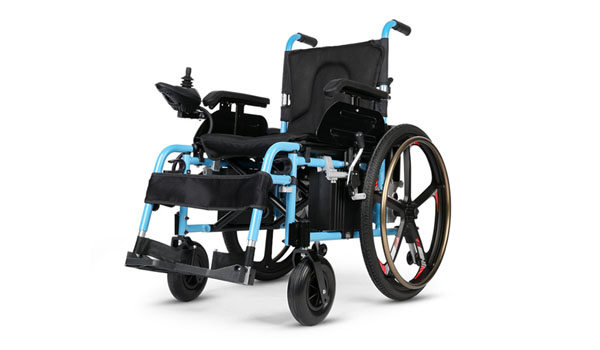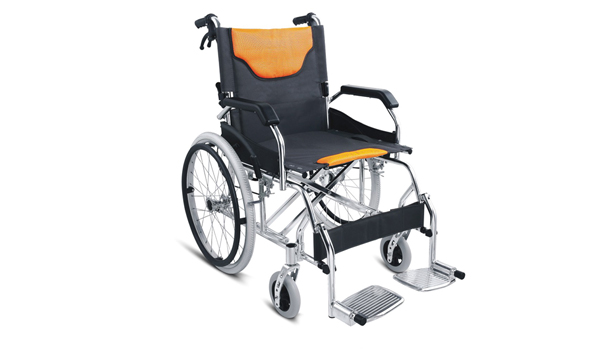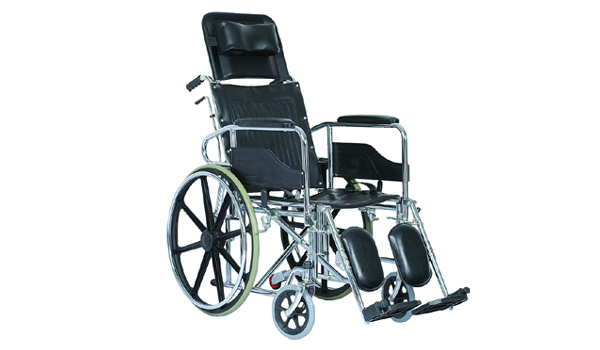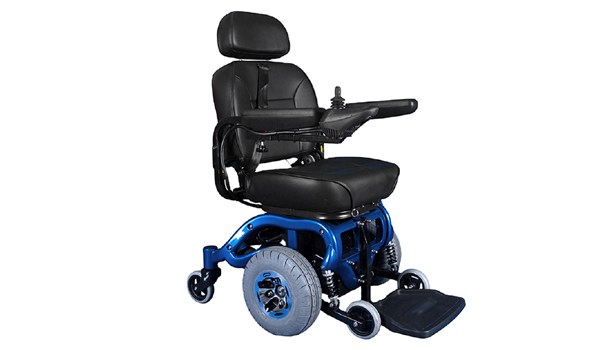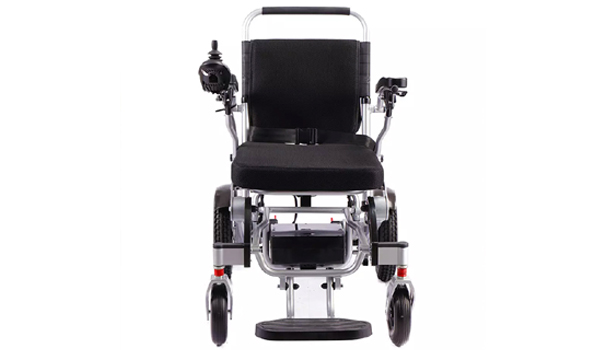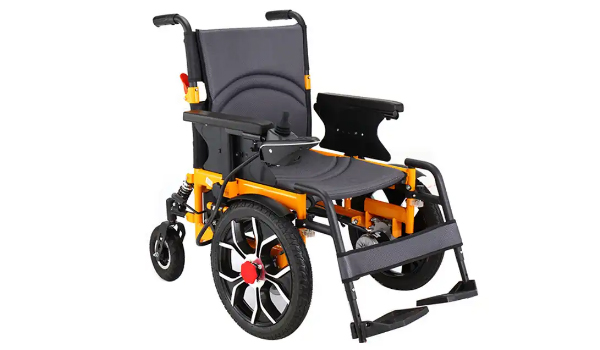Find best Wheelchairs Suppliers for all your bulk order needs
We connect buyers to top Wheelchairs Suppliers, helping both find the right match for their needs.
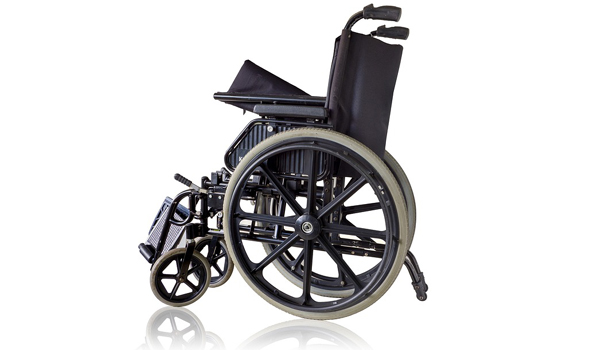
Browse Wheelchairs products at wholesale price from the best Wheelchairs suppliers
Looking for a supplier of Wheelchairs at wholesale prices? Look no further! Post your requirements and get best deals on Wheelchairs for your business from multiple Wheelchairs suppliers.
wheelchairs and mobility equipment
Big Bang Building, Ngara Road, Nairobi, Kenya, P O Box 132, 00623, Nairobi, Kenya, Nairobi, 00623, Kenya
WHEEL CHAIR FOR HOSPITALS
36/2 DHANDEKAR INDUSTRIAL ESTATE KONDHWA, Pune, Maharashtra, 411048, India
WHEELCHAIR
Price : $ 2200 / Piece
Labtare LLC 82 Wendell Avenue, STE 100, Pittsfield, MA, 01201 USA., Pittsfield, MA, 01201, United States
folding wheel chair
Price : Rs 8500 / Piece
ACME ENTERPRISES (A UNIT OF AEMPL)
new delhi, Delhi, Delhi, 110061, India
Wheelchairs
Explore Wheelchairs related category & post requirement to connect with Wheelchairs related suppliers for your bulk order needs and get the best deal on high-quality Wheelchairs related products at wholesale price.
Wheelchairs
An extensive range of accessories are available for wheelchairs. There are cushions, cupholders, seatbelts, garage baggage, lighting, and more. Cushions are used for comfort and posture. If a wheelchair person no longer has proper posture with their wheelchair, the user will add a cushion to the seat. Generally, wheelchair users use seatbelts for protection or posture. A seatbelt ensures the person in no way falls out of the wheelchair and allows wheelchair customers to sit up straight on their personal.
Sourcing Considerations
When sourcing wheelchairs and accessories, take into account the following elements:
Materials:
- Durability: Choose materials that can be used daily and in various environments.
- Weight: Lighter materials like aluminum or carbon fiber for guide chairs can improve user experience
- Cost: Balance first-class with affordability to stay competitive.
- Specific needs: Sports wheelchairs often require lightweight composite substances for performance.
Technology:
- Stay up to date on advancements, specifically for powered and clever wheelchairs.
- Consider partnerships with tech businesses for smart wheelchair components.
- Invest in research and improvement to live competitively in the evolving marketplace.
Customization alternatives:
- Offer adjustable functions like seat width, depth, and backrest peak.
- Provide several add-ons to satisfy various consumer needs.
- Consider modular designs that allow for smooth customization and enhancements.
Compliance and Standards:
- Ensure merchandise meets ISO requirements for wheelchairs (e.g., ISO 7176 series)
- Comply with regional rules like US FDA requirements or European CE marking.
- Consider obtaining quality management certifications like ISO 13485 for clinical gadgets.
Supply Chain Management:
- Develop relationships with dependable element suppliers.
- Consider geographical diversification of suppliers to mitigate risks.
- Implement first-class control measures at some stage in the delivery chain.
Production Capabilities:
- Assess whether or not to fabricate in-residence or outsource production.
- If outsourcing, cautiously vet the ability of manufacturing partners.
- Consider the balance between mass manufacturing and customization skills.
Sustainability:
- Source eco-friendly substances where feasible.
- Consider the recyclability and end-of-existence disposal of additives. Look into energy-efficient production techniques.
Market Trends:
- Monitor emerging tendencies like smart wheelchairs and alter sourcing strategies
- Consider the growing demand for light-weight, transportable designs.
- Stay knowledgeable about assistive technologies that might be included in wheelchairs.
Cost Management:
- Negotiate bulk shopping deals with suppliers for price savings.
- Consider the overall cost of ownership, including maintenance and potential recalls.
- Balance cost-saving measures with quality to ensure product reliability.
Intellectual Property:
- Ensure sourced components don't infringe on present patents.
- Consider patenting particular designs or technology developed in-house.
- Establish clear agreements with providers concerning intellectual property rights.
Types of Wheelchairs
There are various varieties of wheelchairs, differing via propulsion method, technology used, and control mechanisms. Some wheelchairs are designed for daily use, whereas others are used to address specific needs. Types of Wheelchair include:
- Manual self-propelled wheelchairs: Basic design with large rear wheels for user propulsion. Suitable for users with upper body strength.
- Manual attendant-propelled wheelchairs: Similar to self-propelled, but with smaller wheels. They are designed to be driven by a caregiver.
- Powered wheelchairs: Battery-operated with joystick management. Ideal for customers with constrained top-frame mobility.
- Reclining wheelchairs: Specialized guide chairs allow propulsion with one arm. Features hand rims on one aspect. Reclining wheelchairs: Adjustable backrest and leg rests. Provides comfort and pressure alleviation.
- Tilting wheelchairs: The complete seat unit tilts as one piece. Helps with posture and pressure distribution.
- Standing wheelchairs: Allows users to attain a status position. Beneficial for circulation and reach.
- Sports wheelchairs: Lightweight, customized for precise sports. Often with angled wheels for maneuverability.
- All-terrain wheelchairs: Robust design with large wheels and powerful cars. Suitable for outside use on rough surfaces.
- Smart wheelchairs: Equipped with sensors and superior control systems. It can help with navigation and obstacle avoidance.
Choosing the Right Wheelchair
User's Needs:
- Physical skills
- Daily sports '
- Home and work surroundings
Comfort and Posture:
- Importance of proper seating
- Role of cushions in comfort and posture help
Safety Features:
- Seatbelts for security and posture support
- Importance in preventing falls
Accessories:
- Consider extra wishes like storage or drink holders

